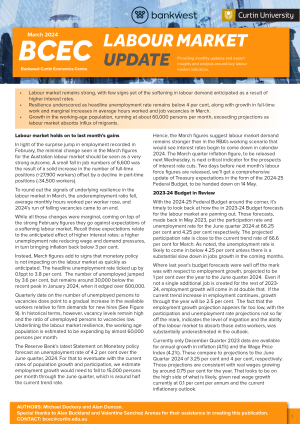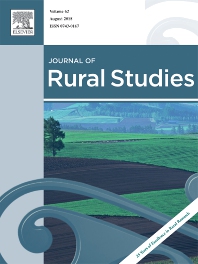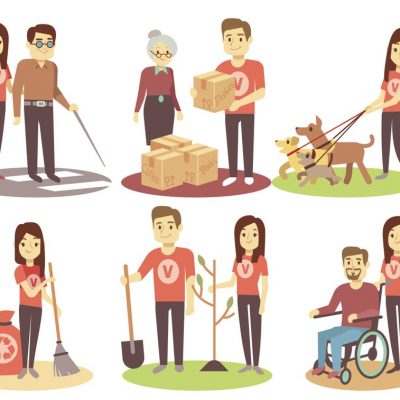This paper examines the demographic characteristics of the current pool of volunteers for rural areas and how volunteering relates to individuals’ rural background, sense of connection to the community and future intentions to remain in the community. The paper uses data from the Australian Bureau of Statistics and a survey of rural households in the state of Western Australia. The survey received 10,444 valid responses and this paper used a subset of 6,666 responses from the non-retired population. The analysis confirmed a high rate of volunteering in rural communities, and identified this was the case for both males and females across most age groups. The rural background of volunteers, the nature of their employment, family structure and their sense of community was associated with involvement in volunteering. The study revealed that an important volunteer cohort was planning to leave their community within a few years and a major reason for this planned outmigration was the lack of essential services in rural towns. We conclude that if governments wish to maintain or enhance the utilisation of local volunteers for essential and non-essential service delivery in rural areas, attention must be given to better supporting the existing rural volunteer workforce and to addressing the underlying causes of rural outmigration.
Who are the future volunteers in rural places?
Understanding the demographic and background characteristics of non-retired rural volunteers, why they volunteer and their future migration intentions
JournalJournal of Rural Studies
AuthorsAmanda Davies, Leonie A. Lockstone-Binney, Kirsten Holmes
PublishedMay 2018
PublisherElsevier
DOIhttps://doi.org/10.1016/j.jrurstud.2018.04.003
ISSN0743-0167
Number of Pages8






